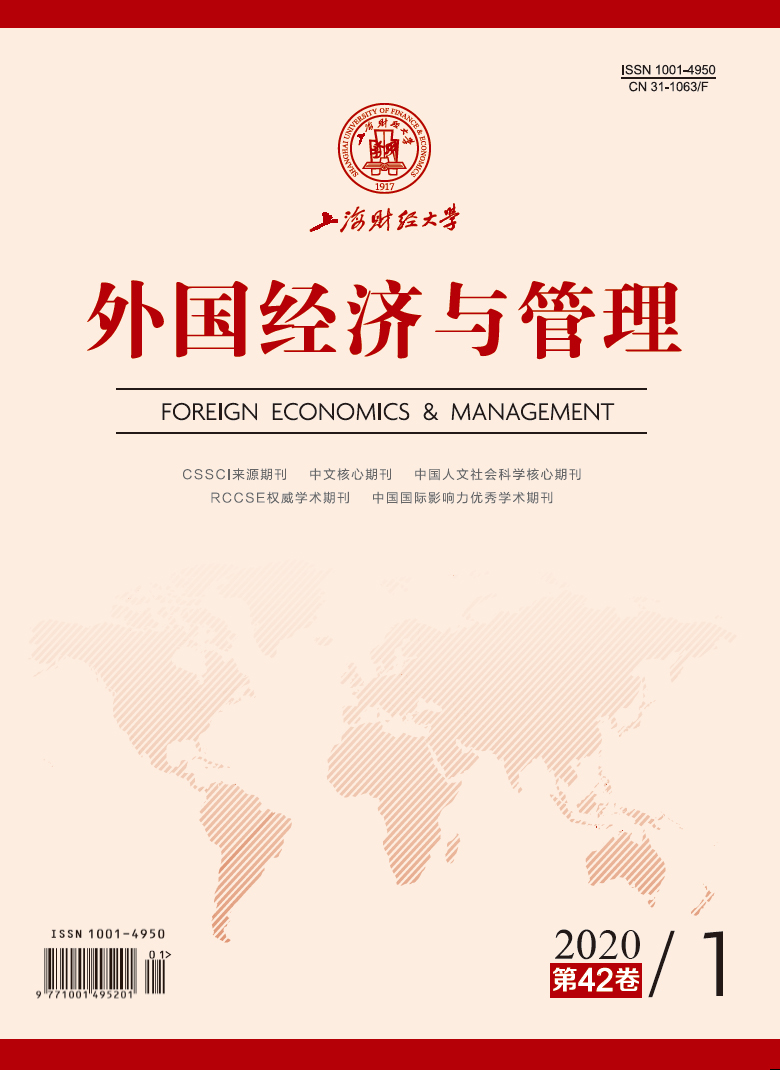创业拼凑和效果逻辑作为新兴创业理论,为强资源约束和高不确定创业情境特征下的创业行为逻辑搭建了初步理论框架,为传统创业模型解释不了的创业现象提供了有力的解释,在构建创业研究学术版图和领域属性方面发挥着重要作用。两个理论尚处于演绎发展阶段,其理论适用条件仍有待明晰。本文分别从理论溯源、内涵界定、行为主体、适用情境和过程模型五个方面对创业拼凑理论和效果逻辑理论的相关研究进行了系统的梳理,对两个理论的适用条件展开了深入的比较分析,并就个体特质、组织特征、诱发情境、资源管理过程和行为结果等方面提出了未来研究方向。本研究既深化了两个理论的深度,使理论应用有的放矢,就两个理论的未来研究提出了值得探索的议题,又对完善理论体系有一定的助力。
创业拼凑还是效果逻辑?理论适用条件与未来展望
摘要
参考文献
6 于晓宇, 李雅洁, 陶向明. 创业拼凑研究综述与未来展望[J]. 管理学报,2017, 14(02): 306-316. DOI:10.3969/j.issn.1672-884x.2017.02.018
9 Dew N, Sarasvathy S, Read S, et al. Affordable loss: behavioral economic aspects of the plunge decision[J]. Strategic Entrepreneurship Journal,2009, 3(2): 105-126. DOI:10.1002/sej.66
10 Desa G, Basu S. Optimization or Bricolage? Overcoming Resource Constraints in Global Social Entrepreneurship[J]. Strategic Entrepreneurship Journal,2013, 7(1): 26-49. DOI:10.1002/sej.1150
11 Duymedjian R, Rüling C C. Towards a Foundation of Bricolage in Organization and Management Theory[J]. Organization Studies,2010, 31(2): 133-151. DOI:10.1177/0170840609347051
12 Engel Y, Dimitrova N G, Khapova S N, et al. Uncertain but able: Entrepreneurial self-efficacy and novices? use of expert decision-logic under uncertainty[J]. Journal of Business Venturing Insights,2014, 1-2: 12-17. DOI:10.1016/j.jbvi.2014.09.002
14 Guo H, Su Z, Ahlstrom D. Business model innovation: The effects of exploratory orientation, opportunity recognition and entrepreneurial bricolage in an emerging economy[J]. Asia Pacific Journal of Management,2016, 33(2): 533-549. DOI:10.1007/s10490-015-9428-x
17 Ott E T, Eisenhardt M. K., Bingham B C Strategy Formation in Entrepreneurial Settings: Past Insights and Future Directions[J]. Strategy Entrepreneurship Journal,2017, 11: 306-325. DOI:10.1002/sej.1257
20 Read S, Song M, Smit W. A meta-analytic review of effectuation and venture performance[J]. Journal of Business Venturing,2009, 24: 573-587. DOI:10.1016/j.jbusvent.2008.02.005
21 Sarasvathy S D. Causation and effectuation: Towards a theoretical shift from economic inevitability to entrepreneurial contingency[J]. Academy of Management Review,2001, 26(2): 243-288. DOI:10.5465/amr.2001.4378020
22 Sarasvathy S D, Dew N. New market creation through transformation[J]. Journal of Evolutionary Economics,2005, 15(5): 533-565. DOI:10.1007/s00191-005-0264-x
23 Senyard J, Baker T, Steffens P, et al. Bricolage as a Path to Innovativeness for Resource-Constrained New Firms[J]. Journal of Product Innovation Management,2014, 31(2): 211-230. DOI:10.1111/jpim.12091
26 Sirmon D G, Hitt M A, Ireland R D. Managing firm resources in dynamic environments to create value: Looking inside the black box[J]. Academy of management review,2007, 32(1): 273-292. DOI:10.5465/amr.2007.23466005
28 Villani E, Linder C, Grimaldi R. Effectuation and causation in science-based new venture creation: A configurational approach[J]. Journal of Business Research,2018, 83: 173-185. DOI:10.1016/j.jbusres.2017.10.041
29 Welter C, Mauer R, Wuebker R J. Bridging behavioral models and theoretical concepts: Effectuation and bricolage in the opportunity creation framework[J]. Strategic Entrepreneurship Journal,2016, 10(1): 5-20. DOI:10.1002/sej.1215
30 Yang M, Gabrielsson P. Entrepreneurial marketing of international high-tech business-to-business new ventures: A decision-making process perspective[J]. Industrial Marketing Management,2017, 64: 147-160. DOI:10.1016/j.indmarman.2017.01.007
引用本文
李雪灵, 李玎玎, 刘京, 等. 创业拼凑还是效果逻辑?理论适用条件与未来展望[J]. 外国经济与管理, 2020, 42(1): 17-29.
导出参考文献,格式为:






 6917
6917  5966
5966

